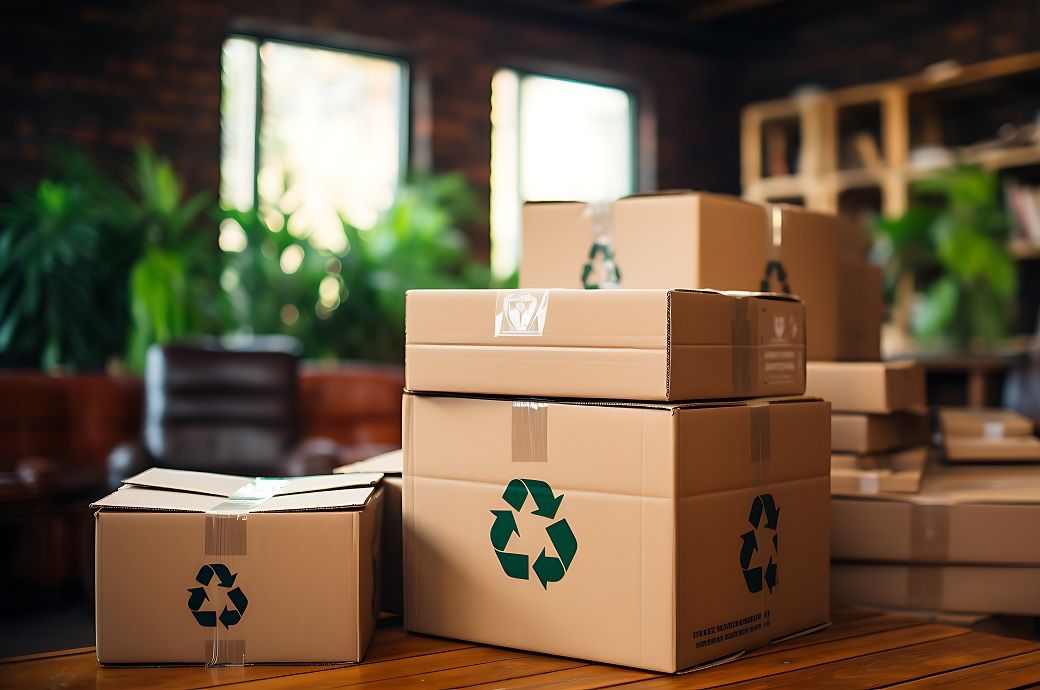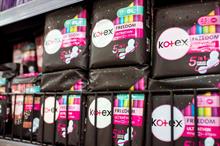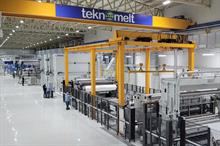
The newly adopted regulation, which received robust support with 476 votes in favour, 129 against, and 24 abstentions, seeks to address the mounting issue of packaging waste, which has shown consistent growth over the years. By implementing these measures, the EU intends to streamline internal market regulations and bolster the circular economy.
Under the regulation, strict packaging reduction targets have been set, requiring a 5 per cent reduction by 2030, escalating to 10 per cent by 2035, and reaching 15 per cent by 2040. Member states are specifically urged to slash the volume of plastic packaging waste, the Parliament said in a press release.
A notable feature of the new rules is the establishment of a maximum allowable empty space ratio of 50 per cent in various types of packaging, including those used for grouped items, transport, and e-commerce. Additionally, manufacturers and importers must ensure their packaging designs minimise both weight and volume.
The regulation introduces bans on certain types of single-use plastic packaging effective from January 1, 2030. This will affect packaging for unprocessed fresh fruits and vegetables, certain food and beverage containers used in cafés and restaurants, and various other small-scale packaging types such as those for condiments and toiletries.
Another critical element is the prohibition of 'forever chemicals'—per- and polyfluorinated alkyl substances (PFASs)—in food contact packaging, aiming to mitigate potential health risks.
The legislation also sets ambitious 2030 reuse targets for a range of packaging applications, including alcoholic and non-alcoholic beverage containers, with exemptions applying to certain products. Member states may apply for a five-year derogation from these targets under specific conditions.
Moreover, distributors of beverages and take-away foods will soon be required to offer customers the option to use their own containers and to provide at least 10 per cent of their products in reusable packaging by 2030.
To ensure broader compliance, all packaging materials, except for certain natural materials like lightweight wood, cork, textile, rubber, ceramic, porcelain and wax, must meet stringent recyclability criteria. The legislation further stipulates minimum recycled content levels for plastic packaging and sets comprehensive recycling targets based on the weight of packaging waste.
The agreement, still pending formal approval from the Council, could significantly influence the packaging industry, which generated €355 billion ($379.51 billion) in turnover in 2018 but has also led to an increasing waste footprint, with EU packaging waste rising from 66 million tonnes in 2009 to 84 million tonnes in 2021.
Rapporteur Frédérique Ries (Renew, BE) said: “For the first time in an environmental law, the EU is setting targets to reduce packaging, regardless of the material used. The new rules foster innovation and include exemptions for micro-enterprises. The ban on forever chemicals in food packaging is a great victory for the health of European consumers. We now call on all industrial sectors, EU countries and consumers to play their part in the fight against excess packaging.”
Fibre2Fashion News Desk (KD)

